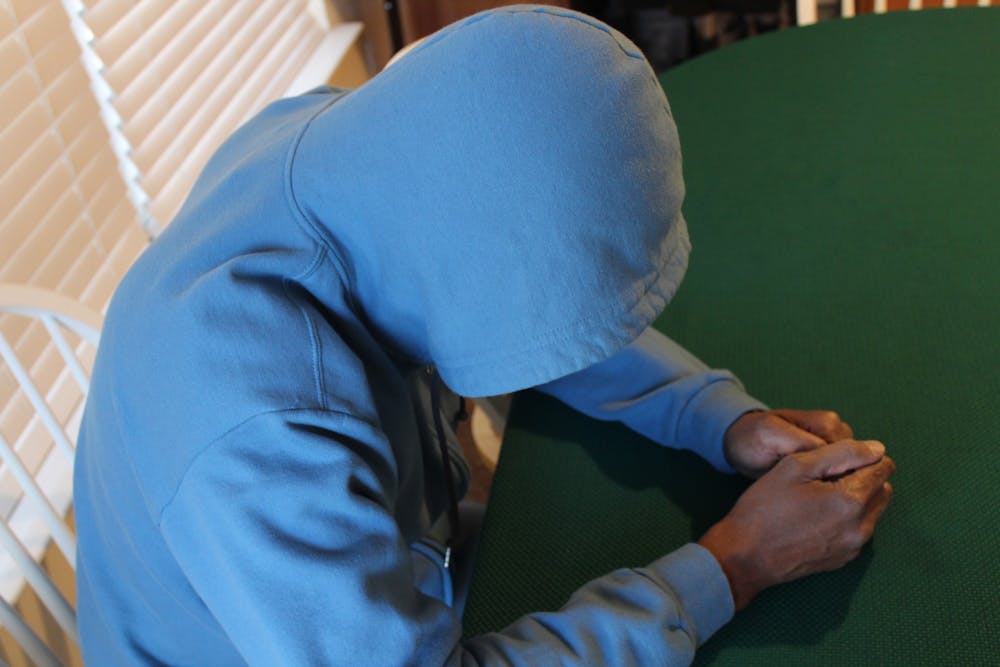There are many places to learn about the news, such as turning on the TV, looking on social media or hearing from a friend.
For students and faculty alike, encounters with these news sources give them a chance to contemplate friendships and interact with their world differently — and some choose to distance themselves from the news altogether.
COVID-19 leads many people to remain on their phones continually. So, as bad news presents itself, the balance between keeping up and personal well-being blends together.
“I think a big shift that has happened with me is not really watching TV news, and turning my attention to news I see on social media,” Jorren Biggs, a sophomore majoring in African and African American Diaspora Studies, said. “Social media lets me curate a little bit better and getting information from people who have similar ideas as me is helpful.”
Sophomore Jade Monday comes from a conservative town, so she’s familiar with people who hold opinions unlike her own. She said engaging with news today makes her anxious.
“I feel like I can never have a solid opinion because I feel like I don’t have any outlet of certain truth,” Monday said. “I've been really stressed out because I just don't know what to do, or how I can help or how I can even have an opinion with just indefinite amounts of information around me.”
Monday has dealt with close friends who have different views than her, which has created divides in her relationships.
“You can argue and have different opinions about different tax policies and immigration policies, but when it comes down to human rights, I've lost a lot of respect for a lot of people,” Monday said. “I'm sure they've lost respect for me. It's been very dividing for sure.”
Ashley Anderson, an assistant professor in the UNC Department of Political Science, said that she curates her social circles to include people who think similarly. She said her friendships provide her distance from the political information that inherently surrounds her Black identity.



